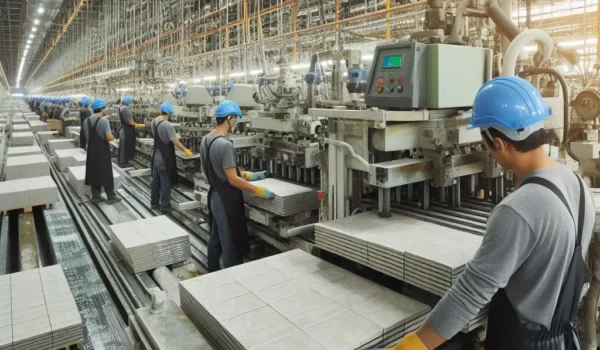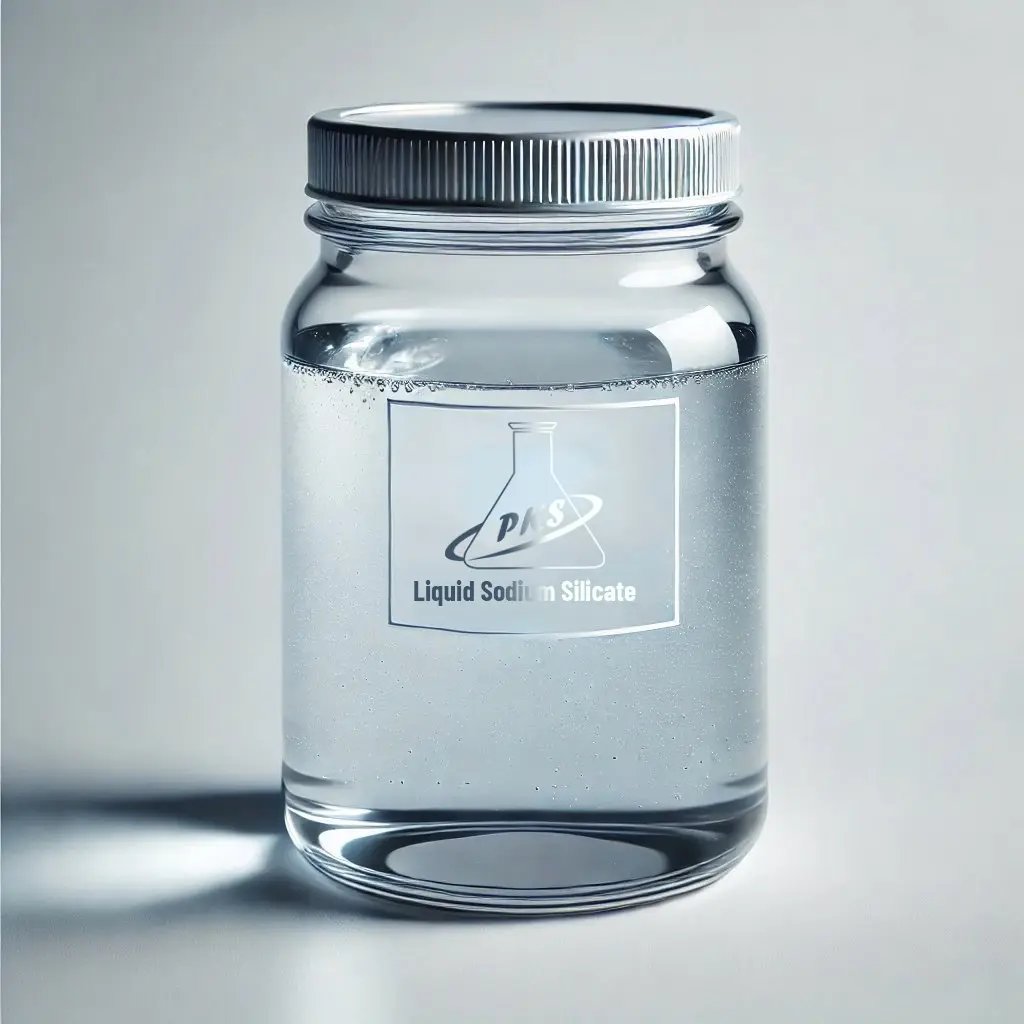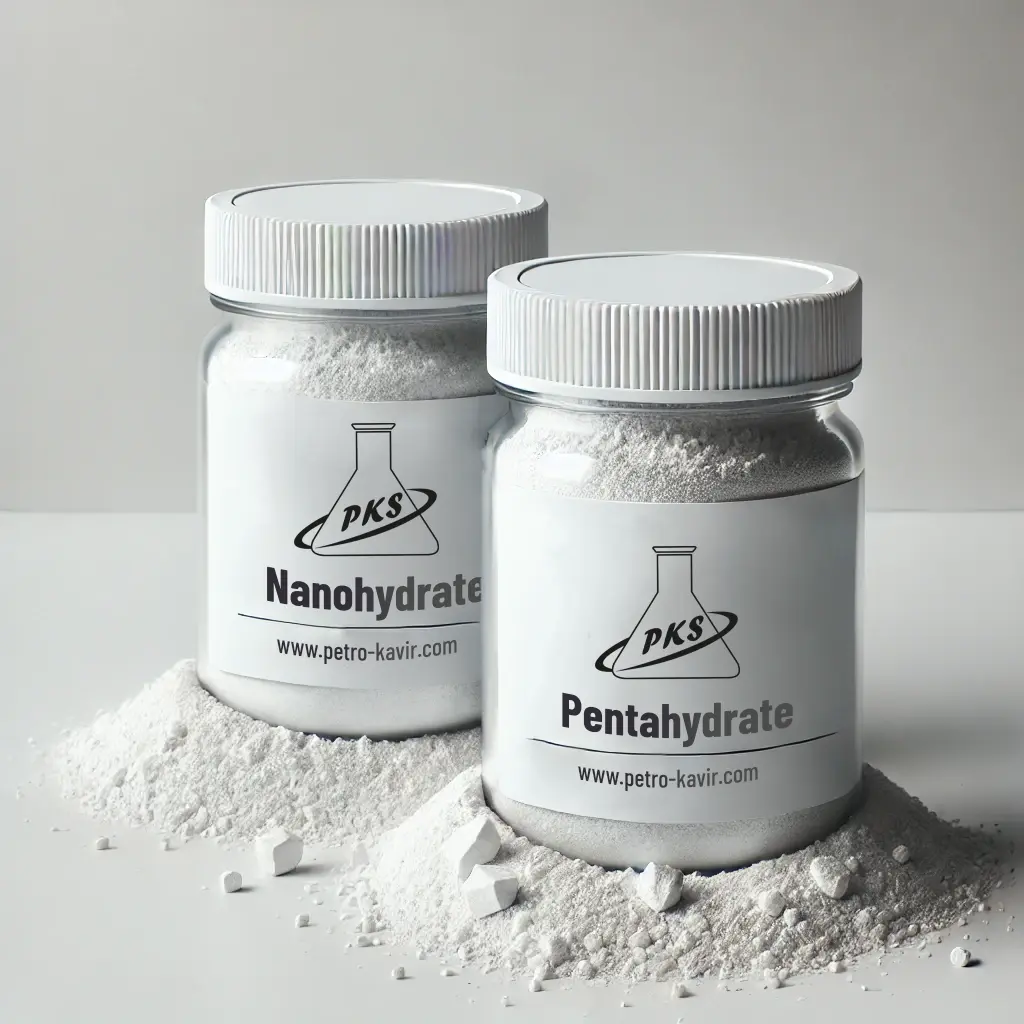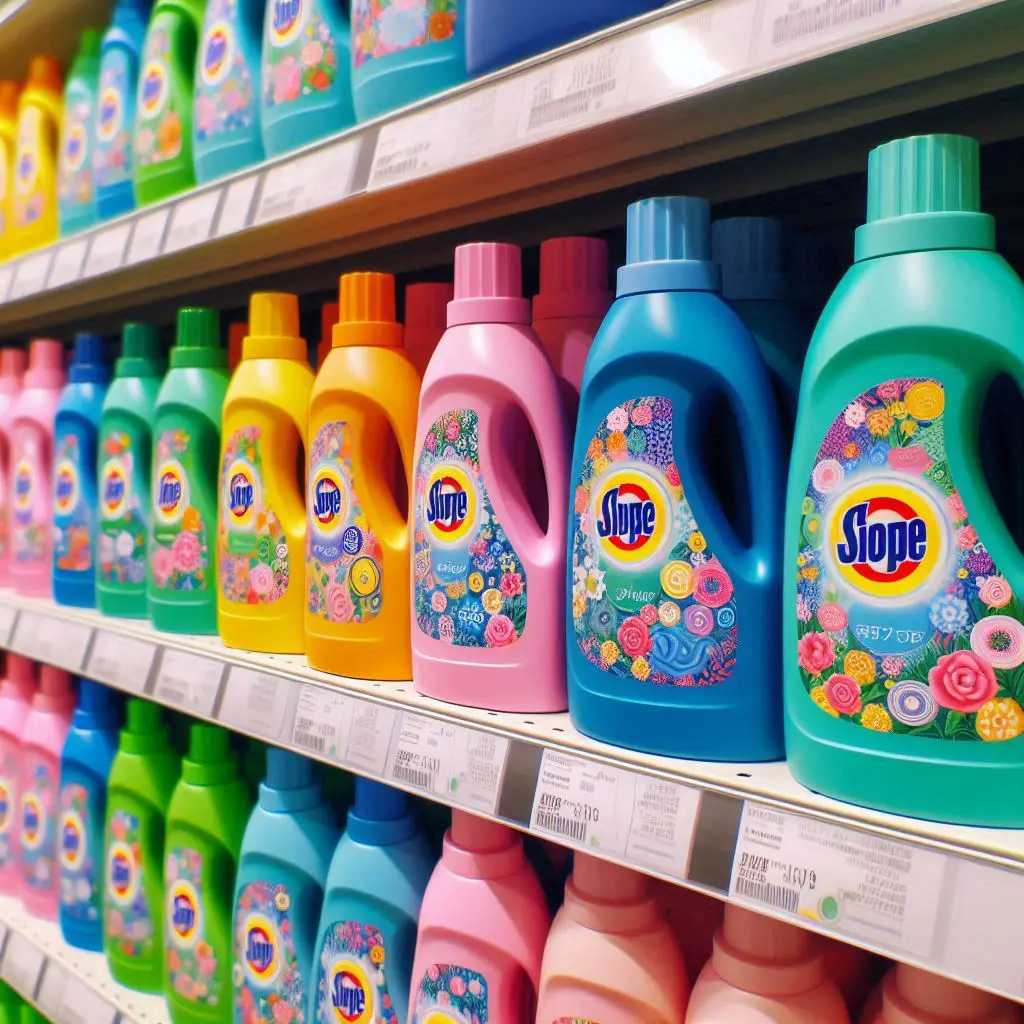Applications of Sodium Silicate in the Tile and Ceramic Industry

Sodium silicate is a widely used chemical compound across various industries. Due to its unique properties, it has gained a significant position in the tile and ceramic industry. It serves as a strong adhesive, enhances the physical and chemical properties of products, and improves production quality. This article explores the key applications of sodium silicate in the tile and ceramic industry.
1. Sodium Silicate as an Adhesive
One of the primary applications of sodium silicate in the tile and ceramic industry is its use as an adhesive. Thanks to its high bonding strength and heat resistance, it is used as a binding agent between different tile and ceramic layers. Sodium silicate enhances the durability and resistance of tiles against environmental factors.
2. Improving the Physical and Chemical Properties of Tiles and Ceramics
Sodium silicate plays a crucial role in enhancing the physical and chemical properties of tiles. Adding this compound to raw materials increases flexural strength, reduces porosity, and enhances the hardness of the final product. Additionally, it helps lower the water absorption rate, a critical feature in the construction industry.
3. Enhancing Quality and Production Processes
The use of sodium silicate in tile and ceramic manufacturing contributes to the improved quality of final products. Due to its water-resistant properties, it prevents surface cracks and ensures a uniform product finish. Moreover, sodium silicate accelerates the drying process and improves the firing process of tiles and ceramics.
4. Application in Tile Glazing
Sodium silicate is used in tile glazing to create glossy and durable surface coatings. It enhances the chemical and abrasion resistance of tiles, making them more durable and aesthetically appealing.
Conclusion
Sodium silicate plays a vital role in the tile and ceramic industry by improving product quality and durability. Its primary applications include strong adhesion, enhanced physical and chemical properties, and optimized production processes. Proper and efficient use of sodium silicate not only improves manufacturing processes but also increases the longevity and resistance of final products, resulting in high-value ceramic and tile materials.




